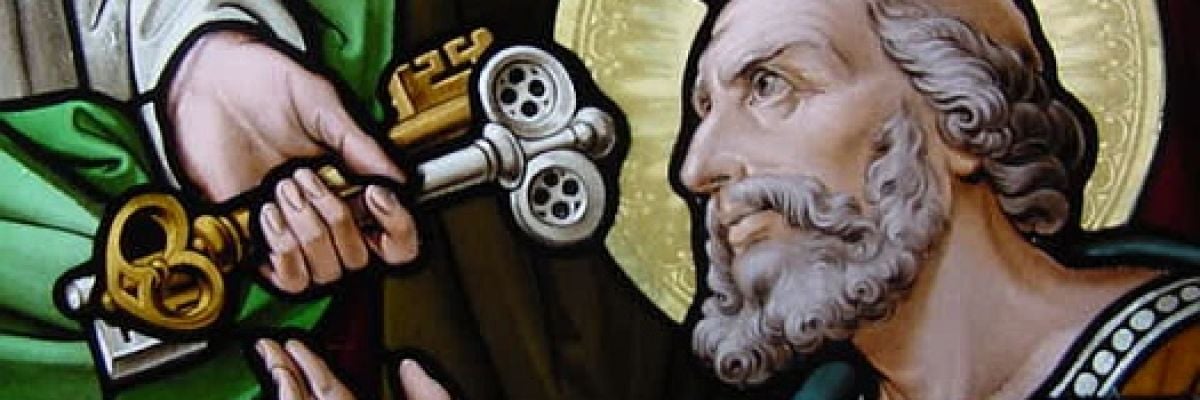
My new book, The Protestant’s Dilemma, shows in a myriad of ways why Protestantism is implausible. We sifted through many arguments to boil the book down to the most essential. A few chapters didn’t make the cut but are still good enough to share. Here’s one of them.
If Protestantism is true,
There’s no way to know whether you’re assenting to divine revelation or to mere human opinion about divine revelation.
Protestants and Catholics both believe that God has revealed himself to man over the course of human history, culminating in his ultimate self-revelation in Jesus Christ. But whereas Catholics believe that Christ founded a visible Church—which subsists in the Catholic Church—and has protected its doctrines from error, Protestants reject the notion of ecclesial infallibility, maintaining that no person, church, or denomination has been preserved from error in its teachings. Which means that anyone could be wrong, and no person or institution can be trusted with speaking the truth of divine revelation without error.
Universal Fallibility
“No one is infallible.” If Protestantism has a universal belief, this is it. Luther pioneered this idea when he asserted that popes and Church councils had erred. If they had erred, it meant God had not guided them into all truth; instead, he allowed them to fall into error and, worse, to proclaim error as truth.
And so the most a Protestant can do is tentatively assent to doctrinal statements made by his church, pastor, or denomination, since those statements, being fallible, could be substantively changed at some time in the future. We see this all the time in Protestantism, most commonly when a Protestant leaves one church for another due to doctrinal disagreement, especially after his church changed its position on an issue he considered important.
Consider the question of same-sex “marriage.” Until quite recently, all Protestant denominations taught this was a contradiction in terms. But now many have modified or even completely reversed this doctrine. Those Protestants who accept this new teaching believe that the old one was wrong—an erroneous human opinion that became enshrined in their church’s statement of faith. They can do this confidently, knowing that none of their fellow church members can plausibly claim that it contradicts an irreformable dogma that was infallibly revealed by God.
Ultimately, then, a Protestant (who remains Protestant) studies the relevant sources—Scripture, history, the writings of authoritative figures in his tradition—and chooses the Protestant denomination that most aligns with his judgment. But then, they say, Catholics do the same thing: studying the sources and then choosing the Catholic Church based on their own judgment. So they see no difference in this regard.
Because Catholicism is true,
Christians can know divine revelation, as distinct from mere human opinion, because God protects it from authoritatively teaching anything that is false.
How is the Catholic’s judgment different from a Protestant’s, if at all? The difference lies in the conclusion, or finishing point, of the inquiry they make. Whereas the Protestant can ultimately submit only to his own judgment, which he knows to be fallible, the Catholic can confidently render total assent to the proclamations of the visible Church that Christ established and guides, submitting his judgments to its judgments as to Christ’s.
And so a Catholic can know divine revelation, as distinct from human opinion, by looking to the Church, which speaks with Christ’s voice and cannot lie. For a Protestant, only the Bible itself contains God’s infallibly inspired words, so he desires to assent to that. But since the Bible must be interpreted by someone, the closest he can come to assenting to biblical teaching is assenting to his own fallible interpretation of it. And assenting to yourself is no assent at all.
The Protestant’s Dilemma
If Protestantism is true, all are fallible. So the Protestant must rely on his own judgment above that of his church. And the orthodoxy of the church itself is judged against his interpretation of the Bible. Thus it becomes impossible to distinguish between what divine revelation actually is versus what a fallible human being thinks it is. This fact makes the Catholic Church, philosophically speaking, preferable to Protestantism, since God’s truth can be known—and known with certainty.



